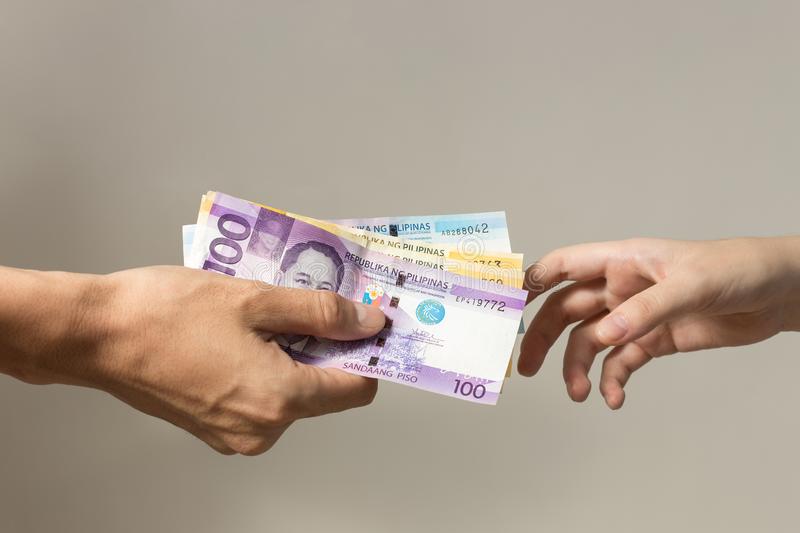In the digital age, where technology has revolutionized our lives, there are increased risks of credit fraud and identity theft. The Philippines, like many other countries, faces these challenges as criminals become more sophisticated in their methods. This article aims to shed light on the various aspects of credit fraud and identity theft, providing valuable insights and practical tips to safeguard against these threats.
Understanding Credit Fraud and Identity Theft

What is Credit Fraud?
Credit fraud is a form of financial deception where unauthorized transactions or charges are made using someone else’s credit card or bank account. It involves stealing sensitive financial information to carry out illegal activities, leaving the victim burdened with unauthorized debts.
Defining Identity Theft
Identity theft, on the other hand, is a broader crime that goes beyond financial implications. It occurs when someone steals another person’s personal information, such as Social Security numbers, passport details, or driver’s license, to commit various fraudulent activities.
The Impact of Credit Fraud and Identity Theft
Financial Losses
One of the most immediate consequences of credit fraud and identity theft is financial loss. Victims often find themselves dealing with unauthorized purchases and drained bank accounts, leading to financial stress and hardship.
Emotional Distress
Identity theft can cause severe emotional distress, as victims may experience feelings of violation, fear, and helplessness. The breach of privacy and personal space can leave a long-lasting impact on the victim’s mental well-being.
Damage to Credit Scores
Credit fraud can tarnish a person’s credit score, making it challenging to secure loans, mortgages, or credit cards in the future. It takes considerable time and effort to rebuild a damaged credit history.
Protecting Against Credit Fraud and Identity Theft

Strengthen Passwords
To enhance your online security, create strong and unique passwords for all your accounts. Use a combination of upper and lower case letters, numbers, and special characters. Avoid using easily guessable information, such as birthdays or names.
Enable Two-Factor Authentication
Enable two-factor authentication (2FA) whenever possible. 2FA adds an extra layer of security by requiring an additional verification code, typically sent to your mobile device, before accessing an account.
Regularly Monitor Accounts
Frequently check your bank statements, credit card bills, and other financial accounts for any suspicious activities. Report any unauthorized transactions to your bank immediately.
Be Cautious with Personal Information
Avoid sharing sensitive personal information on social media or other public platforms. Cybercriminals often gather data from such sources to execute identity theft schemes.
Responding to Credit Fraud and Identity Theft
Contact Your Bank and Authorities
If you suspect credit fraud or identity theft, contact your bank or credit card issuer immediately to report the incident. Also, file a police report and provide any evidence or documentation to support your claim.
Freeze or Monitor Your Credit
Consider placing a credit freeze or fraud alert on your credit report. A credit freeze restricts access to your credit report, while a fraud alert notifies creditors to verify your identity before opening new accounts.
Conclusion
In conclusion, credit fraud and identity theft pose significant threats in the Philippines and beyond. Understanding the risks and taking proactive measures to safeguard personal information can greatly reduce the chances of falling victim to such crimes. By staying informed and following best practices for online security, individuals can navigate the digital landscape with confidence.

